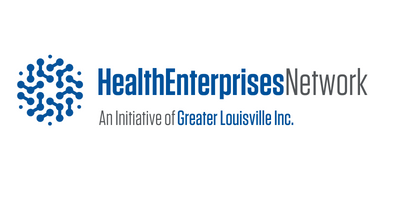The forward-thinking corporate leadership of today is working to address disparities in workplace culture caused by social barriers and biased thinking. And as this progress is made, it’s important to emphasize diversity, equity and inclusion (DEI) to hold organizations accountable and work towards a better and more equitable future for employees. Inclusive behaviors and practices are vital skills to cultivate, and luckily, can be taught through ongoing training and learning.
DEI training is crucial to building a safe and equitable workspace for all employees. It has the potential to help an organization uncover hidden biases and address unfair hiring and development practices. It can also benefit company culture, boost growth potential and change the lives of your marginalized employees.
On the other hand, training is only one small part of a much larger DEI puzzle. The reality is that a few training courses aren’t going to be enough to drive meaningful DEI change within an entire organization. But when coupled with other DEI initiatives, such as mentorship programs or workforce education, training can be an instrumental piece of your larger strategy.
Let’s take a look at the different types of DEI training, along with the benefits and challenges that come along with it.
Here are some of the most common topics addressed in DEI training:
- Unconscious and implicit bias
- The meaning of diversity, equity and inclusion
- Stereotyping
- Reducing prejudice
- Cultural awareness and belonging
- Addressing microaggressions
- Anti-harassment
Types of diversity, equity and inclusion training
Different kinds of DEI training are leveraged to different ends within an organization depending on its needs and culture. Training can work to mitigate biased or unfair behavior, cultivate awareness and empathy or empower your diverse workforce. Below, you’ll find the types of DEI training tactics developed by cultural competency advocate Glen Guyton. Leadership should have multiple of these DEI training tactics in their toolkit.
- Common ground training is based on finding similar priorities, values, and goals to help align colleagues and get everyone on the same path forward.
- Facilitated conversation training creates an open space for less vocal employees to be heard, issues to be brought up, concerns voiced and feedback given.
- Cultural sensitivity training helps members of a dominant group at your organization to understand how to be better and empathize with colleagues of under-represented cultures, backgrounds or identities.
- Unconscious bias training aims to uncover and identify the subconscious ways in which we engage in biased or oppressive behaviors and practices.
- Accommodation training empowers diverse employees to advocate for how they can be better accommodated in the workplace. It allows employees with different physical, environmental or religious needs to drive the creation of spaces in which they feel comfortable and safe.
- Inclusive management training helps supervisors to recognize discriminatory or oppressive management practices and “dismantle biased systems” within the workplace.
- Community engagement training goes beyond your internal organization and encourages team members to look at how your business can serve the greater community through the lens of DEI.
- Anti-oppression is an advanced type of training that teaches employees how to go from ally to collaborator and take an active stance in supporting and uplifting their marginalized colleagues. This type of training frequently covers subjects such as anti-racism, anti-sexism, anti-transphobia and more.
Read full article posted on InStride.com.

Recent Comments